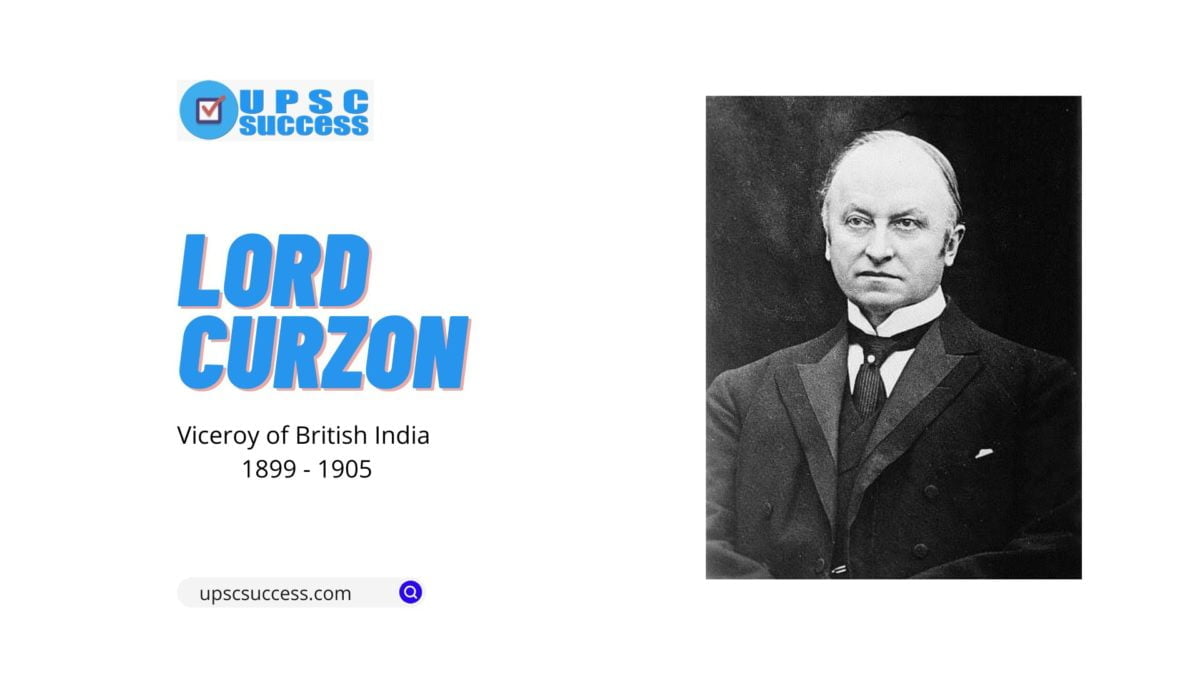Born in 1859 into British nobility, Curzon was educated at the elite Eton College school and attended Oxford. In 1891, he became Under-Secretary of State for India (the deputy minister in the British cabinet responsible for India). He became the youngest Viceroy of India in 1899 at age 39, and remained in office until his resignation in 1905.
- Police Commission – Sir Ander Frazer
- University Commission- Thomas Railey
- Famine Commission-Macdonell
- Indian University act passed
- Paper coinage & Indian Currency Act & put Indian currency on gold standard.
- Dept of Commerce & Industry
- Calcutta Corporation Act
- Ancient Monuments Preservations Act (1904)
- Partition of Bengal
- Curzon-Kitchener controversy
- Younghusband’s Mission to Tibet.
FAQs
Within India, Curzon appointed a number of commissions to inquire into education, irrigation, police and other branches of administration, on whose reports legislation was based during his second term of office as viceroy. Reappointed Governor-General in August 1904, he presided over the 1905 partition of Bengal.
The partition of Bengal, (1905), division of Bengal carried out by the British viceroy in India, Lord Curzon, despite strong Indian nationalist opposition.

